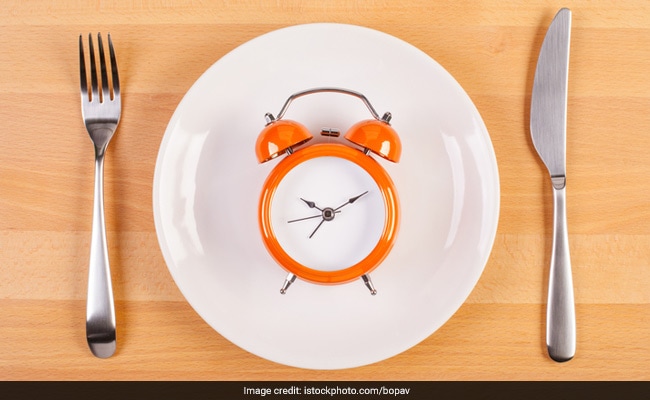What Is Dry Fasting For Weight Loss?
There are two types of dry fast- soft dry fast and hard dry fast. In soft dry fast, dieters use water to brush their teeth, take a shower and wash their faces. On the other hand, in hard dry fasting, dieters do not come in contact with water at all. It is said to work for weight loss and fat burn, as in a state where the body doesn't get any food or water, it switches to burning fat to generate energy. This type of fasting is sure to stress the body out and in that state of stress, the body starts utilising any and every available source of energy that it has access to. Dry fasting is said to send the body into a process called autophagy, which is a natural process of recycling old cells as an energy source. The result of the process is the creation of new and stronger cells. However, in order to practice dry fasting, dieters have to follow certain steps in preparation for the period of extreme abstinence.
Also Read: 16:8 Diet: Would You Try This Diet That Promotes Intermittent Fasting To Lose Weight?
 Dry Fasting For Weight Loss: It is said to send the body into a process called autophagy
Dry Fasting For Weight Loss: It is said to send the body into a process called autophagyFirst, the dieters consult a physician to do an assessment of their body systems and find out if they are physically sound enough to practice the fast. The date of the fast has to be picked in such a manner that it doesn't coincide with a day of intense physical or mental strain, as the body will have to go without any fuel. Dieters may want to first try soft dry fasting before switching to the hard dry fasting. Additionally, dieters may want to start detoxing by eliminating caffeine, a week in advance in preparation for the extreme fast. In case the fast proves to be too taxing for the body, the dieters should be prepared to get the body out of it, as soon as possible. But one can't just snap out of this fast, and they will have to gently transition to regular diet by introducing a transitional period of liquid diet.
Also Read: Why Fasting Is A Good Way To Detox
However, it is important to note that the purported benefits of this 'weight loss diet' are purely anecdotal and are not based on any reliable scientific evidence or research studies.
Disclaimer: This content including advice provides generic information only. It is in no way a substitute for qualified medical opinion. Always consult a specialist or your own doctor for more information. NDTV does not claim responsibility for this information.






